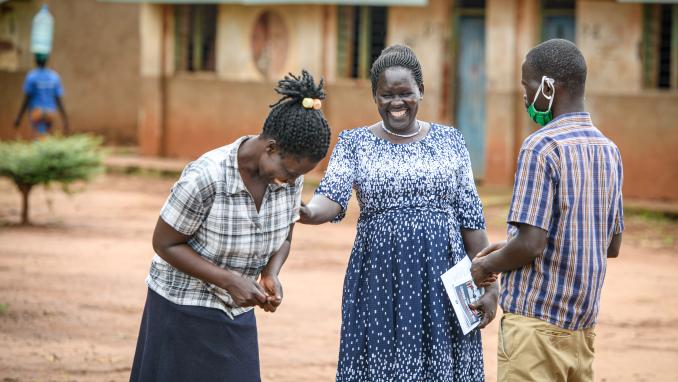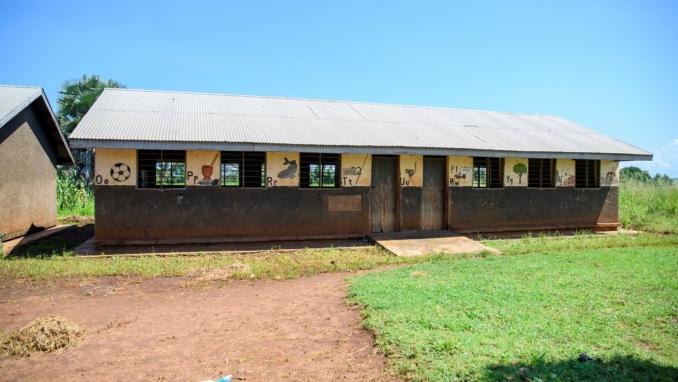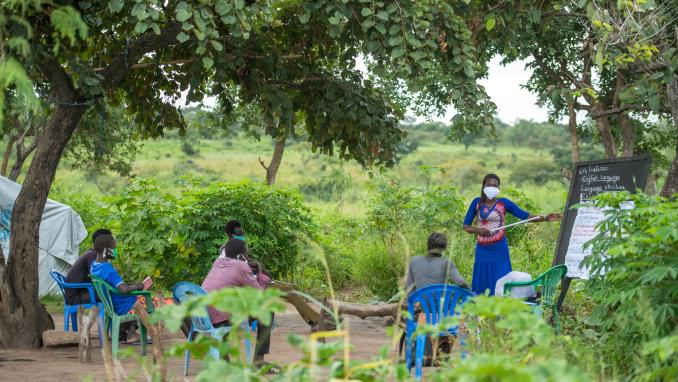Following the recent outbreak of the COVID-19 pandemic across the globe, the world is on its knees due to the frustrations that have come with it. Business owners have closed shops, employees have been laid off, places of worship have been deserted, families have separated and many have lost their lives. Due to the restrictions on social, political, cultural and religious gatherings, schools have not been exempted and this is all in bid to curb the spread of the virus.
On 18 March 2020, the president of Uganda ordered for the closure of primary, secondary, tertiary institutions and universities for more than 7 months. While restrictions for the resumption of studies for candidate students and finalists have been lifted, many children are still home and others have dropped out of school.

According to the UN policy brief on the Impact of COVID-19 on Children published on 15 April 2020, safety is one of the crucial areas that have been greatly affected. According to the report, for most children, home represents a source of security and safety. But for a minority, the opposite is tragically the case. Violence by care-givers is the most common form of violence experienced by children.
Christine Monica Okidi, headteacher, Lugwar Primary School, Palabek, Uganda says that during the pandemic, children have been exposed to more domestic problems and violations of their rights within the community compared to when they were at school. Okidi’s fear is that we might have lost some of the learners by the time schools re-open, especially the girls who might not be able to come back to school at all. Okidi adds that teachers are working with community leaders to avoid losing learners but because of the lockdown, it is really hard.

